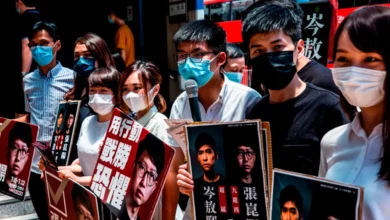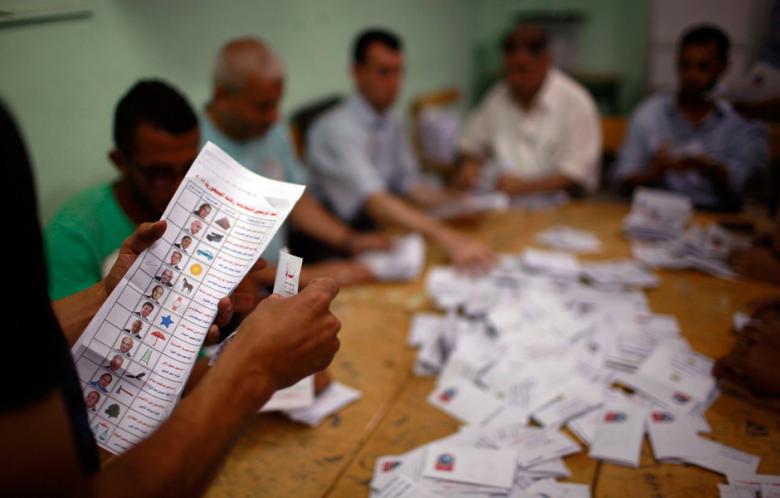Egypt is a “failed state” according to US magazine Foreign Policy (FP)’s 2010 Failed States Index (FSI), which appeared in the influential magazine’s July/August issue.
The index is the result of collaboration between FP and the Fund for Peace, a US-based research and educational organization. Recognized by major international institutions, the FSI, first established in 2005, employs a battery of social, economic and political indicators to determine a country’s relative stability–or instability. It divides the nations of the world into five categories: critical, in danger, borderline, stable and most stable.
Egypt ranked 49th on this year’s index, with Somalia, Chad and Sudan being deemed the world’s first, second and third most failed states, respectively. Egypt came in at 43rd place last year, 40th in 2008, and 36th in 2007, marking a slight but steady improvement over the last four years.
Using publicly available sources, this year’s index analyzed 177 countries, rating them on 12 indicators relating to “state decay,” including refugee flows, quality of public services, economic decline and human rights violations.
Seven of the top ten most failed states on the FSI were African countries, the other three being Afghanistan (at sixth place), Iraq (at seventh), and Pakistan (at tenth). Israel/West Bank came in at 54th, while the Palestinian Gaza Strip was not even included on the index.
This year’s “least failed” state was Norway, with the United States coming in at 159th.
Egypt scored the lowest in the three categories of “deligitimization of the state” due to endemic official corruption and profiteering by ruling elites, its accumulation of “grievances” on the part of communal groups, and human rights violations.
Nabil Helmi, chairman of the National Democratic Party’s Commission on Human Rights (NDPCHR) and member of the National Human Rights Council, says that Egypt has shown some improvement in this last category, but concedes that more work must be done.
“Egypt has not yet achieved an appropriate international standard for human rights, but it has developed in this field,” he said, “especially if you consider the context of the country’s many social problems, such as poverty and unemployment.”
As an NDPCHR member, Helmi says there are fewer human rights complaints being registered than in the past. This is especially the case in terms of civil rights, the area in which he claims most progress has been made.
“If we look at the UN Human Rights Council’s Universal Periodic Review, under the rules of the international human rights council in Geneva, the result was very positive for Egypt,” he said. “And we’re pushing Egypt to do better.”
Concerning corruption within the ruling party, the NDP official again acknowledged that more needs to be done. He asserted that Egypt’s “culture of poverty” stood at the root of most official corruption.
“I think there is some corruption in Egypt, but this has everything to do with poverty,” Helmi said. “But many lawsuits, many inquiries, are brought to the courts against various people committing crimes of corruption–even against ex-ministers.”
Some critics charge that the FSI is simply a way to denigrate certain countries and make the US feel better about its own iniquities. Just because some countries have different sets of internal problems, they say, does not necessarily make them “failed.”
Some detractors also assert that, since the study is based on western standards, it is therefore biased. Others say the index should not even be compiled in the first place, calling it a “propaganda tool” serving the interests of US imperialism.
Egypt




